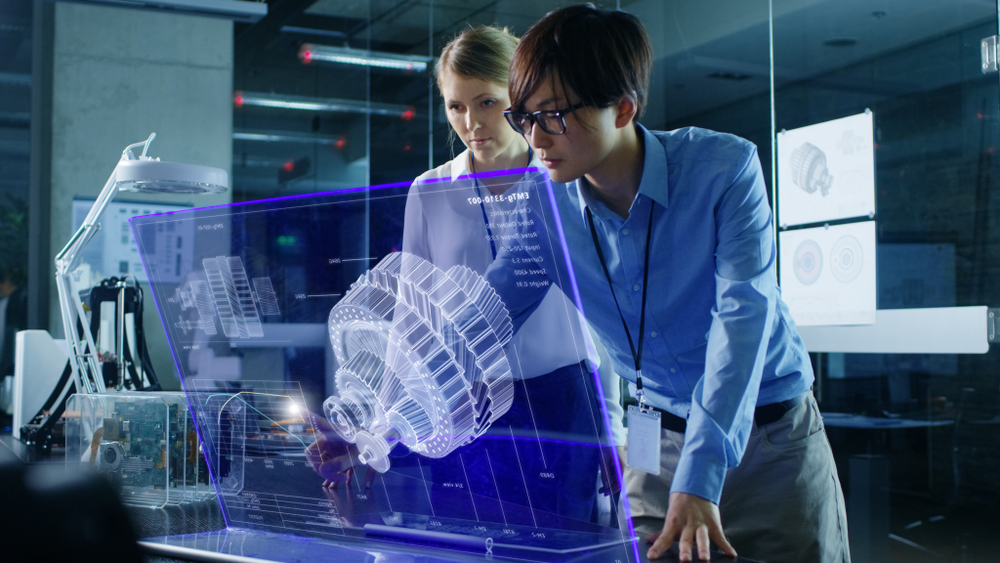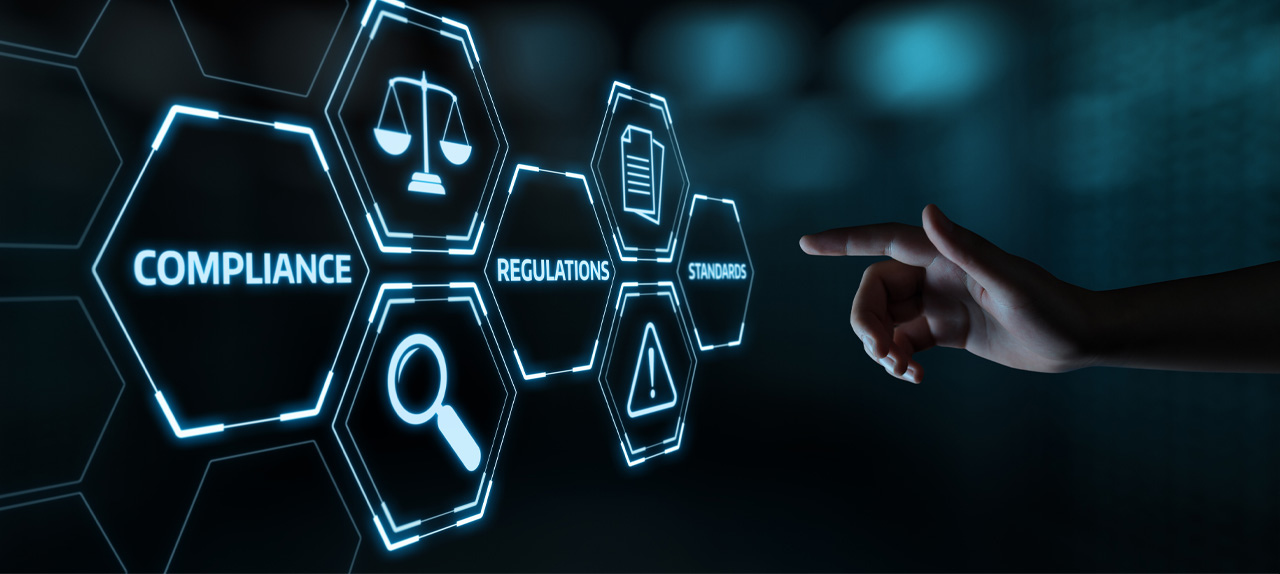Artificial Intelligence (AI) has already transformed industries, and engineering is no exception. In 2025–2026, AI is increasingly being integrated into every stage of project development, from concept design to post-delivery maintenance. Predictive algorithms can optimize structural designs, improve efficiency, and even anticipate project risks before they occur.One key application is in simulation and modeling. AI-driven digital twins replicate real-world systems, allowing engineers to test performance and identify flaws before construction begins. This reduces costs, shortens timelines, and enhances safety. By 2026, digital twins are expected to be standard in sectors such as energy, aerospace, and urban infrastructure.AI also streamlines project management. Automated scheduling, resource allocation, and risk assessment tools provide real-time insights. This allows firms to deliver projects on time and within budget, even when dealing with complex, multi-layered operations. Clients increasingly expect engineering partners to leverage AI for efficiency.Another exciting area is AI-powered robotics. Autonomous construction equipment, drones, and maintenance robots are redefining labor in engineering. These innovations improve precision, reduce accidents, and cut operational costs. Engineering companies that embrace robotics will have a competitive edge in project execution.The integration of AI is not just about efficiency; it is also about innovation. Firms that harness AI are unlocking entirely new business models and services. AI is no longer optional—it is a necessity for staying competitive in the engineering industry of the future.
Artificial Intelligence in Engineering: From Design to Delivery


































